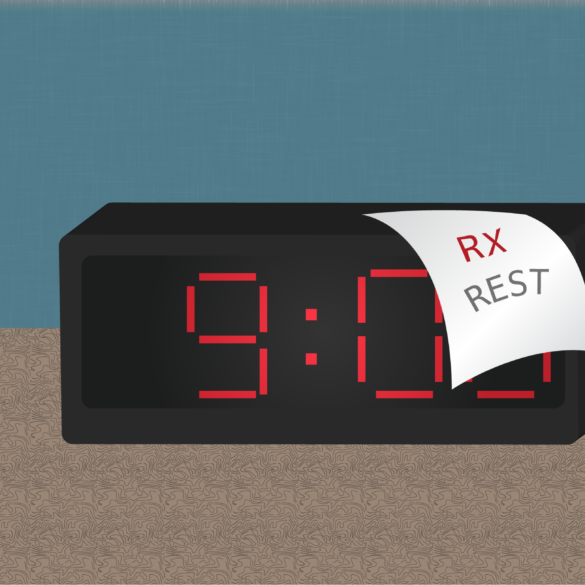Our mental state is not always considered when we think about health.
I woke up on a chilly November morning last year fully intending to go to my 9 a.m. class. It was the type of weather that makes me want to curl up with a fuzzy blanket and some hot chocolate. As I sat in my bed gearing up for the day, I just couldn’t get my energy levels up. I thought of the day before me, classes and meetings and every social interaction in between. It all felt like too much. I was tired and the stress from classes and work was taking a toll on me.
After a few minutes of internal debate, thinking I’ll be behind in class and This will use up one of my limited absences, I decided to take a mental health day. Taking a day to focus on my mental well-being was more important to me than going to class. I planned on sleeping in until noon, taking a bubble bath, and watching Netflix—spending the day doing things that make me feel relaxed.
In June of this year, a tweet went viral showing a CEO’s response to one of his employees taking two personal days off to focus on herself. He thanked her for being an example to the rest of the company and helping cut through the stigma of mental health.
Amy Morin, a psychotherapist, wrote about when to take a mental health day in Psychology Today. One of her suggestions is “when you’ve been neglecting yourself.” This can come in the form of skipping meals to do homework, staying up late the night before an early class, or letting stress pile up. That’s what I felt like I had been doing when I decided not to go to class that day in November. I had been letting my stress build up without thinking about what it was doing to me.
Ball Bearings’ first digital issue is titled “Framing Mental Health,” and with it we explore the role of mental health in our society. We dive into different conditions such as phobias, addiction, and hypochondria. We then take a look at the management of some of these issues, whether that be through the exploration of mental health-related apps or a discussion about the effectiveness of counseling.
After addressing mental health in our first digital issue, Ball Bearings will further explore topics surrounding health. This includes the politics that are involved, the way we teach and learn about health, and the way society influences our behaviors.




